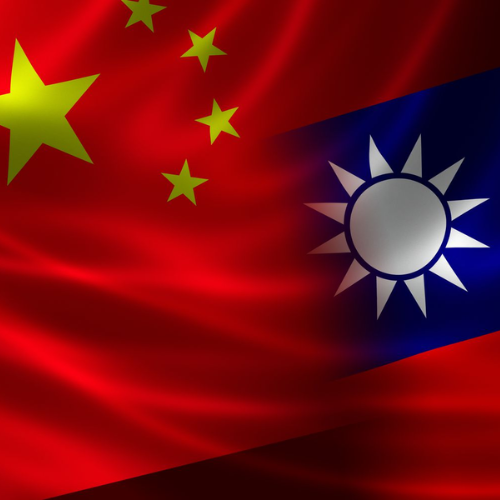Taiwan’s government has recently started taking serious action to stop people working for the government or military from having ties to China. This effort is about protecting Taiwan from risks that come with connections to China, which the government sees as a threat to its safety and independence.
Strict Rules on Chinese IDs and Travel
Taiwan has laws that say government workers and military members cannot have Chinese national IDs or household registrations. These rules have been around for a while but were not always enforced strictly. Now, the government is making sure everyone follows these rules carefully.
Civil servants and military personnel are required to sign pledges confirming they do not hold Chinese IDs. If anyone hides this information, they could lose their Taiwanese citizenship. Recently, the government finished the first part of an investigation and found two people with Chinese national IDs. One was a navy sailor whose Chinese mother had registered him for a Chinese ID without telling him. Because he told the truth when asked, he won’t be punished but was moved to a job where he can’t see secret information.
The government is also thinking about making a new system where civil servants must report their trips to China. Right now, higher-ranking officials need special permission before going to China, and those who don’t follow these rules can be fined. Military workers with sensitive jobs can face very heavy fines if they travel without permission.
Pentagon’s Stark Warning: ‘No Sugarcoating’ — China’s Invasion of Taiwan Could Hit Before 2027
A government watchdog looked into this issue and found that over the last ten years, more than 300 government workers went to China without permission. This includes both high-level officials and lower-ranking workers. The report said there might be even more people who traveled without telling anyone.
Concerns Over Spying and Security
Taiwan has long been worried about spies working for China, especially from military veterans who meet Chinese officials and might share secrets. In the past, punishments for such actions were light, but now the government is trying to stop this by taking away pensions or fining veterans who break the rules.
There have been recent cases where people connected to a major political party were caught leaking information to China. This has made some people call for stronger security rules, including special clearances like those used in the United States to protect classified information.
However, not everyone agrees with these tough measures. Some lawmakers want to remove punishments for activities that Taiwan’s government sees as treasonous, such as singing the Chinese national anthem or saying they are loyal to China. These lawmakers believe Taiwanese people should have the right to hold Chinese IDs or express their views freely.
China’s $50B Airbus Power Play Deals Crushing Blow to Boeing in Tariff War Standoff U.S. Aviation
Public Concern and Political Reactions
The issue of Taiwanese holding Chinese national IDs became a hot topic after popular online videos showed how easy it was for Taiwanese people to get these IDs. One video claimed that hundreds of thousands of Taiwanese had Chinese IDs, but official numbers are much lower, showing only a few hundred have lost their Taiwanese household registration because of this.
Some politicians disagreed with the viral claims, saying the videos confused different types of IDs or exaggerated the problem. Despite these disagreements, the videos spread quickly, forcing the government to take action.
This crackdown also comes amid worries about political figures from Taiwan traveling to China without notifying the authorities. For example, one well-known politician missed an important meeting but was later found to have gone to Hong Kong for an event without informing Taiwanese officials. This caused public criticism and raised questions about transparency.
The government’s moves to enforce these laws and tighten controls on travel and identification are happening while political tensions remain high. Some see the crackdown as a way to remind people about the risks Taiwan faces from China, especially during times when political groups are fighting hard to gain or keep power.


